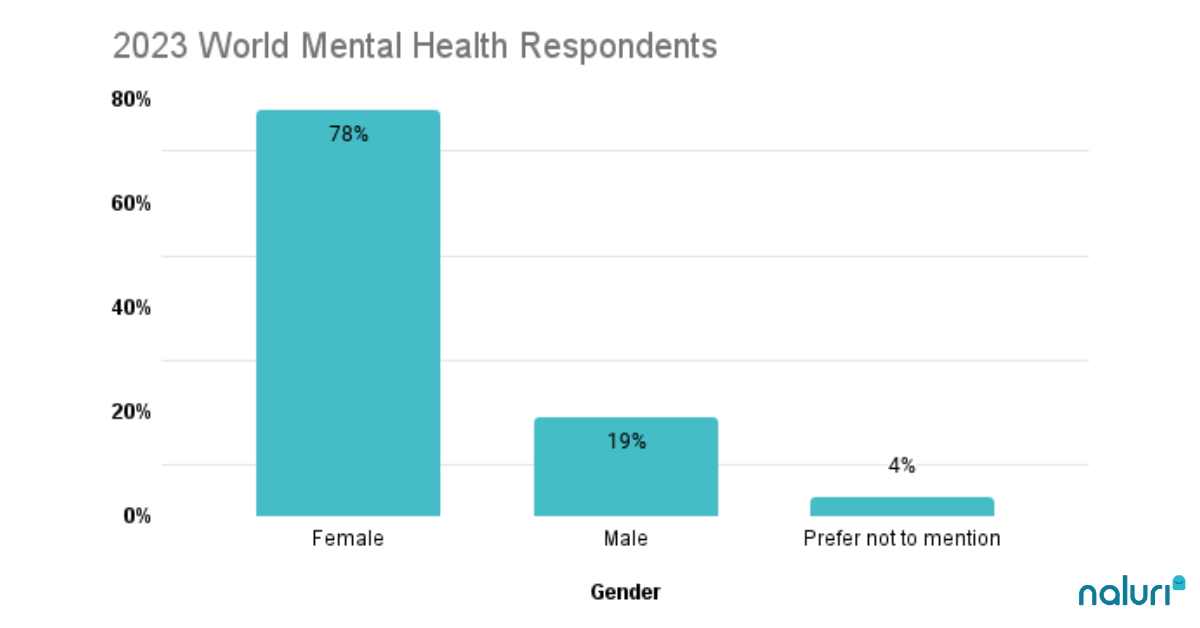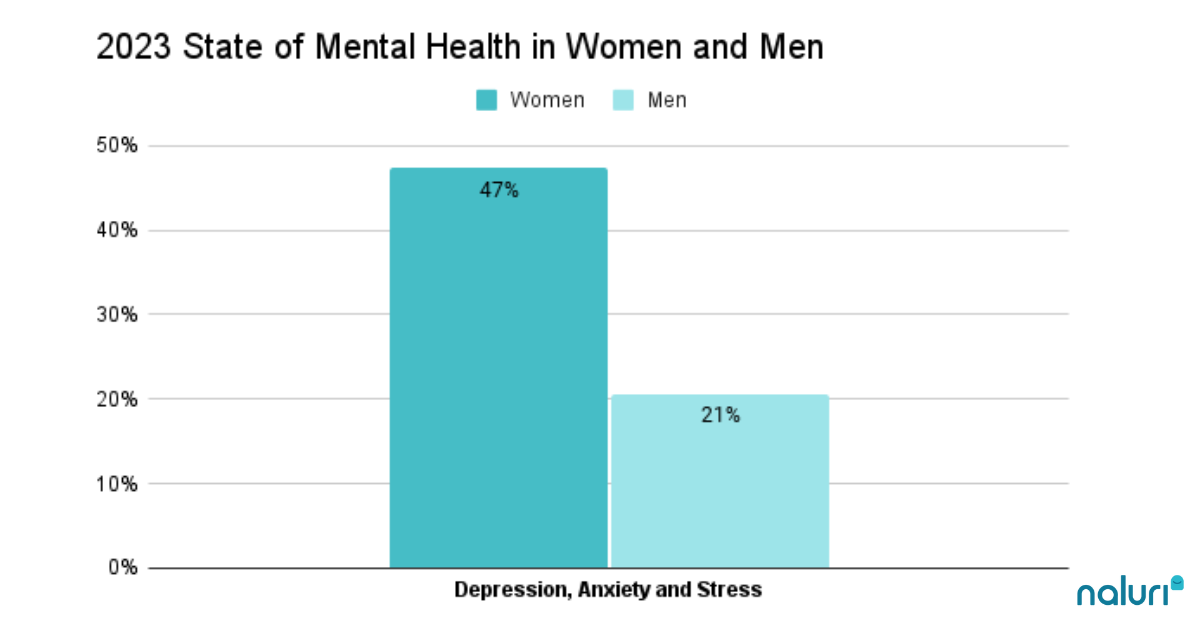In recent years, we have seen an increased focus on mental health, recognising its impact on our overall wellbeing. As much as mental health affects all people, we need to acknowledge that women face a distinctive challenge when it comes to mental health. More so in the workplace.
Harnessing the full potential of women in the workplace requires organisations to prioritise women’s mental health. This is something all people can consider this International Women’s Day to take your workplace from surviving to thriving.
Identifying the Challenges
Women face particular obstacles in the workplace that can negatively affect their mental health. Stereotypes, biases, and disparities in opportunities based on gender can lead to heightened levels of stress, anxiety, and a decreased sense of self-worth. Juggling work and personal obligations, including caregiving duties and the pressure to excel in men-dominated fields, can feel daunting. Recognising and tackling these issues is essential for safeguarding the mental wellbeing of women.

In Naluri’s 2023 World Mental Health Day dataset, we discovered that 77% of respondents to the survey were women. Excluding respondents who chose to remain anonymous of gender or left the question blank, women took the majority in our survey participation.
Women work harder than men
An anthropological study done last year by the academic journal “The Conversation” revealed that women work harder than men anthropologically. Women also contribute most of their fruits of labour to their families.
In a corporate workplace, women have to work harder than men. In a LinkedIn article, Tony Beshara, an expert Placement and Recruitment Specialist, said there may, unfortunately, be an underlying hidden, ingrained, subtle assumption that women aren’t as good as men in most business environments, which drives women to perform better and more for the same recognition.
In 2018, working mothers made up 32% of all employed women. Motherhood is probably the most challenging job globally, second to leading a nation. Having two stressful, under-rewarding jobs takes its toll, and the world tends to forget how common it is because women are so good at doing both.
The results, though, are that women are more prone to both mental and physical health issues manifesting in their day-to-day. Evidence from our study proved that more women than men were suffering from depression, anxiety and stress.

Promoting empowerment and equality
Fostering a supportive environment where women feel respected, empowered and valued is vital. It creates spaces where women will feel comfortable speaking up and speaking out. Organisations that allow open dialogue can provide access to mental health resources and materials that could boost employee wellness.
Empowerment and equality in the workplace can take various forms:
- Equal Opportunities: Ensuring women have the same opportunities for advancement, training, and development as their male counterparts is essential. This involves addressing unconscious biases in hiring and promotion processes and providing support and mentorship programs tailored to the needs of women.
- Flexible Work Arrangements: Offering flexible work arrangements, such as remote work options or flexible hours, can help women better manage their work-life balance and reduce stress. This flexibility acknowledges women’s diverse responsibilities, including caregiving and household responsibilities.
- Training and Education: Training and education on gender equality, diversity, and inclusion can help create a more inclusive workplace culture. This includes raising awareness of unconscious biases and promoting empathy and understanding among colleagues.
- Mental Health Support: Implementing mental health support programs and initiatives addressing women’s unique challenges can help promote overall wellbeing. This may include access to counselling services, support groups, or workshops on stress management and resilience-building.
50% of the world’s population is women, which is a hard fact. To be completely accurate, it’s 49.7% (reported in 2023 by the United Nations). Pervasive injustices have kept women and girls from reaching their full potential for generations, but investing in women accelerates progress.
So this International Women’s Day, show some special appreciation for the team of women who lead, support and further your organisation.
.png?width=300&name=Homepage%20Images%20(1).png)